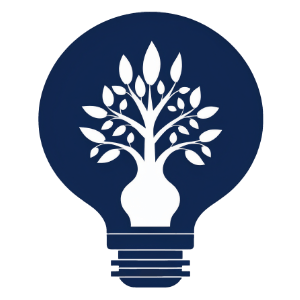
The education realm is forever morphing, and we’re currently witnessing a major pivot from conventional university degrees to bespoke certificates. This isn’t just reshaping education, it’s also revolutionizing the job market.
Many of us grew up with the certainty that a university degree was your golden ticket to a cushy job. But the job market is a different beast now, with employers valuing practical skills and job-specific know-how over traditional degrees. And guess what? Tailored certificates are emerging across the market to meet this need. (Bessen, 2019).
So much change so quickly can be attributed to the breakneck speed of today’s work environment. Tech and automation are shaking up the job scene, birthing new roles and retiring old ones. In this fast and furious world, tailored certificates are your fast track to the skills needed for these fresh gigs. For example, a certificate in data science or digital marketing can get you job-ready much more quickly than a four-year degree (Fleming, 2020).
Let’s not forget the cost factor. University degrees across the international market have become untenably expensive, often leaving students with a mountain of personal or governmental debt. Certificates, on the other hand, are typically lighter on the wallet and high in specialization. A Georgetown University from back in 2015 found that some certificates can lead to higher earnings than bachelor’s degrees, proving their worth in the job market then and now.
Flexibility and pacing is also a major factor. Many certificate programs are offered online, allowing you to learn at your own pace and place, without the multi-year commitment. This flexibility and efficiency is a godsend for working professionals looking to upskill or reskill without hitting pause on their careers (Cappelli, 2015).
However, this doesn’t mean that the traditional degree is completely out of the market. Instead, they are in need of a truly reflective overhaul regarding use, cost, delivery, and preparation for every-changing job markets. Universities need to not only add certificates to their offerings to stay relevant, they need to rethink the traditional system so broad-knowledge programs and targeted upskilling certificates are complementary toward change.
All in all, the market pivot from university degrees to tailored certificates mirrors the evolving needs of the job market. Certificates offer a flexible, cost-effective, and targeted route to job-specific skills. But they’re not a magic bullet. Both degrees and certificates have their place in the education ecosystem, and the choice between them should hinge on individual career goals and circumstances.
Sources:
Bessen, J. E. (2019). AI and Jobs: The Role of Demand. NBER Working Paper No. 24235. Retrieved from https://www.nber.org/papers/w24235
Fleming, S. (2020). The future of work is here: 5 ways to reset labor markets post-COVID. World Economic Forum. Retrieved from https://www.weforum.org/agenda/2020/10/jobs-work-coronavirus-covid19-employment/
Carnevale, A. P., Cheah, B., & Hanson, A. R. (2015). The Economic Value of Postsecondary Certificates in the Labor Market. Georgetown University Center on Education and the Workforce. Retrieved from https://cew.georgetown.edu/cew-reports/certificates/
Cappelli, P. (2015). Skill Gaps, Skill Shortages, and Skill Mismatches: Evidence and Arguments for the United States. ILR Review, 68(2), 251–290. Retrieved from https://journals.sagepub.com/doi/10.1177/0019793914564961

